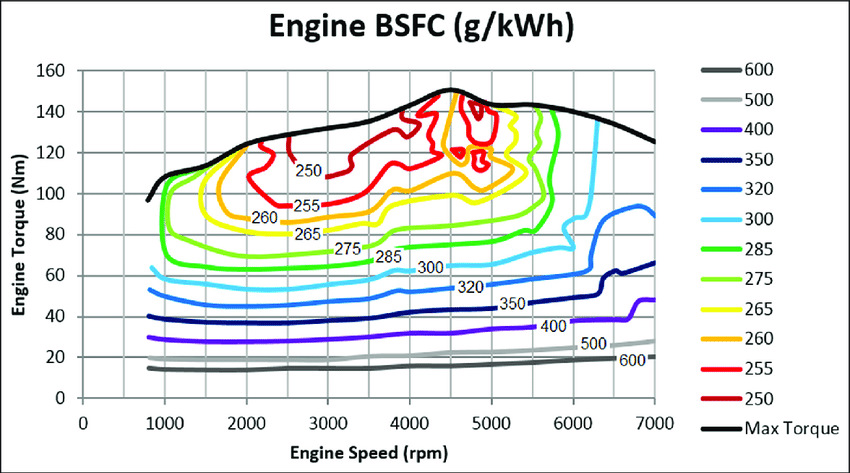Introduction
Yanmar Diesel Marine Engines are renowned for their durability, performance, and Fuel Efficiency of Yanmar Diesel Marine Engines. Whether you’re a commercial fisherman, a private boat owner, or a marine operator, understanding how to maximize fuel efficiency is crucial for both operational cost savings and environmental sustainability. In this guide, we’ll explore the key factors that influence the fuel efficiency of Yanmar Diesel engines, and provide practical tips on how to optimize fuel consumption.
Table of Contents
- What Affects Fuel Efficiency in Yanmar Diesel Marine Engines?
- Key Factors for Maximizing Fuel Efficiency
- Fuel Types and Their Impact on Efficiency
- Common Fuel Efficiency Issues and How to Fix Them
- Maintaining Fuel Efficiency with Regular Maintenance
- Conclusion
1. What Affects Fuel Efficiency in Yanmar Diesel Marine Engines?
Fuel efficiency in Yanmar Diesel Marine Engines, like any engine, depends on a combination of factors. Let’s break down the primary elements that impact fuel consumption:
- Engine Load: The amount of weight the engine is pushing affects fuel efficiency. Running an engine under a heavy load consumes more fuel, while operating under a light load typically results in better efficiency.
- Engine RPM: Running the engine at the optimal revolutions per minute (RPM) ensures better fuel economy. High RPMs can waste fuel, while low RPMs may not provide enough power.
- Maintenance: A well-maintained engine will always perform more efficiently. Clogged filters, dirty injectors, or worn-out parts can all lead to unnecessary fuel consumption.
- Environmental Conditions: Factors like water current, wind, and temperature can influence the load on the engine and, subsequently, its fuel efficiency.

2. Key Factors for Maximizing Fuel Efficiency of Yanmar Diesel Marine Engines
To optimize fuel consumption, it’s essential to focus on key operational factors:
a. Operating at Optimal RPM
For most Yanmar Diesel engines, operating at around 75-80% of maximum RPM is considered the sweet spot for fuel efficiency. This range allows the engine to perform at its most economical output. How to Properly Maintain Yanmar Diesel Engines
b. Proper Load Management
Avoiding overloading your Yanmar engine can significantly improve fuel efficiency. Ensure that the weight of the boat and cargo is within the recommended limits to prevent the engine from working harder than necessary.
c. Smooth and Steady Speed
Abrupt accelerations and decelerations consume more fuel. Maintaining a steady cruising speed will help your Yanmar engine maintain peak efficiency.
d. Hull Condition
The condition of your boat’s hull affects drag. A clean, well-maintained hull will reduce friction in the water, leading to better fuel efficiency.
3. Fuel Types and Their Impact on Efficiency
The type of fuel you use in your Yanmar Diesel engine plays a crucial role in its overall fuel efficiency. Here are the most common fuels used in marine engines:
- Ultra-Low Sulfur Diesel (ULSD): This is the most commonly used fuel for Yanmar Diesel engines. It burns cleaner and helps the engine maintain optimal performance while reducing harmful emissions.
- Marine Diesel Oil (MDO): This is a blended fuel commonly used for larger commercial Yanmar engines. It has a higher energy density and can offer improved efficiency under heavy loads.
- Biodiesel: While biodiesel can reduce emissions, it may affect fuel efficiency in older Yanmar engines. If you’re considering biodiesel, make sure your engine is compatible. Choosing the Right Marine Diesel Fuel.
4. Common Fuel Efficiency Issues and How to Fix Them
Several common issues can negatively affect the fuel efficiency of Yanmar Diesel engines. Addressing these problems promptly can restore your engine’s performance:
- Clogged Air and Fuel Filters: Dirty filters restrict airflow and fuel delivery, leading to incomplete combustion. Regularly replacing filters ensures proper fuel flow and optimal efficiency.
- Worn Fuel Injectors: Fuel injectors that are clogged or damaged will cause improper fuel delivery, leading to inefficient burning and increased fuel consumption. Ensure they are cleaned or replaced as part of regular maintenance.
- Excessive Engine Wear: Over time, engine components like pistons and rings may wear out, affecting fuel efficiency. Regular engine checks and repairs will keep the engine running at peak performance.
- Incorrect Engine Tuning: Misfiring or poorly tuned engines tend to burn more fuel. Ensure your Yanmar Diesel engine is correctly tuned to avoid inefficiency.
5. Maintaining Fuel Efficiency with Regular Maintenance
Routine maintenance is essential for maintaining fuel efficiency. Here’s a checklist to ensure your Yanmar engine is operating optimally:
- Change Oil Regularly: Old or degraded oil increases friction and reduces engine efficiency.
- Clean or Replace Filters: Air, fuel, and oil filters should be cleaned or replaced as part of regular maintenance to ensure clean fuel and air flow.
- Monitor Fuel Quality: Use high-quality, fresh fuel. Contaminants in fuel can decrease engine performance.
- Check Engine Timing: Ensure the engine timing is set correctly for efficient combustion.
- Inspect the Exhaust System: A clogged exhaust can increase back pressure and reduce engine efficiency.
Suggested Image Placement: An infographic on the fuel efficiency benefits of routine maintenance for Yanmar Diesel engines.
6. Conclusion
Understanding the factors that affect the fuel efficiency of Yanmar Diesel Marine Engines is essential for reducing operational costs and minimizing environmental impact. By operating at the right RPM, managing load effectively, maintaining the boat’s hull, and performing regular maintenance, you can optimize fuel consumption.
Whether you’re looking to save money or reduce your carbon footprint, taking care of your engine is the first step toward a more fuel-efficient operation. If you experience persistent issues or need advice on improving fuel efficiency, consider consulting with a Yanmar specialist or professional mechanic to ensure your engine remains in top condition.




